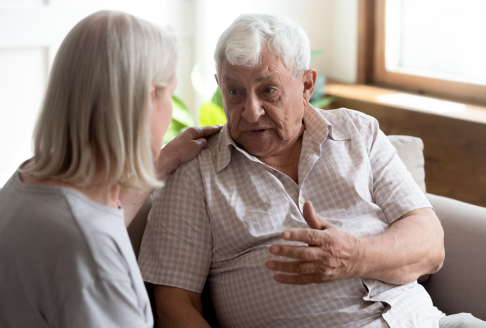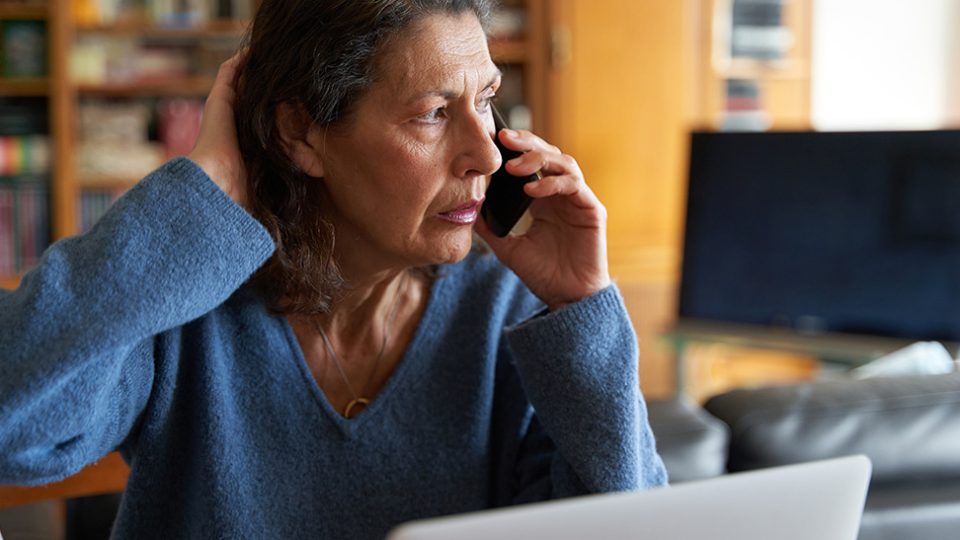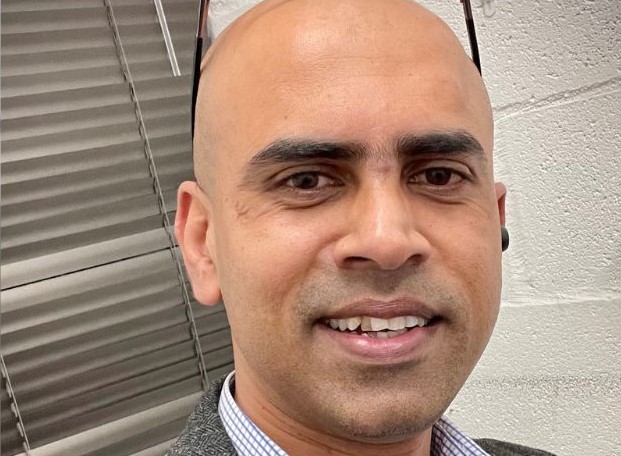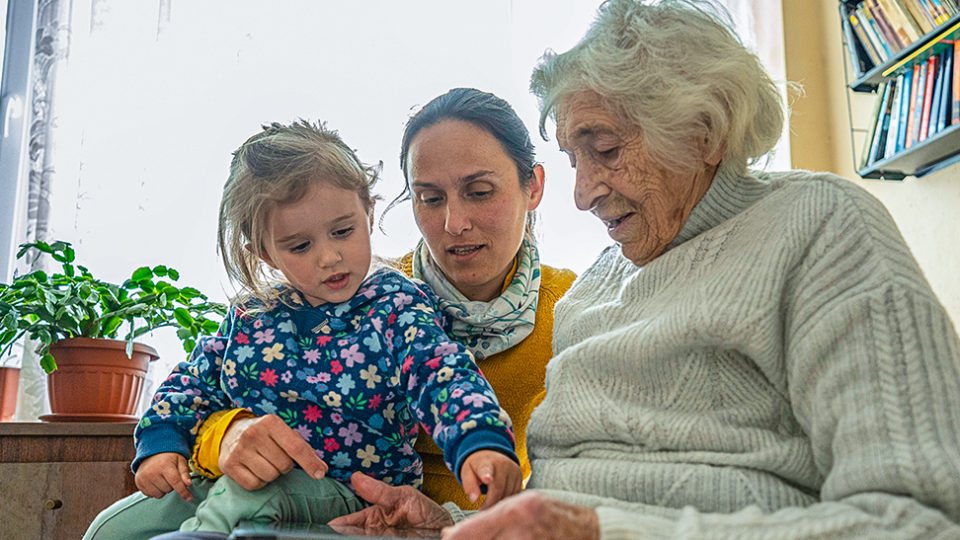What does spiritual care mean?
- 19 Oct 2023

Spiritual care supports the spiritual and emotional aspects of human life. It is based on the recognition that people are more than just physical beings – they have needs and values transcending the material world. Spiritual care can help people cope with illness, loss, grief, pain and other challenges by providing them with a sense of meaning, purpose, connection and hope.
Spiritual Care emerged from the Christian church’s understanding of pastoral care. The central image of pastoral care was of a shepherd caring for their flock. In recent decades, the category of ‘Spiritual Care’ has been accepted as a broader term addressing the spiritual wellbeing needs of all people and is increasingly recognised as an essential part of person-centred care across a broad range of sectors. Pastoral and religious care is a subset of this category.
Baptcare’s framework of Spiritual Care is shaped by its Baptist theological heritage, the National Guidelines for Spiritual Care in Aged Care and evidence-based research. This framework is a direct expression of Baptcare’s mission DNA, a key quality in our person-centred care models and a point of difference in the marketplace for both customers and staff. Baptcare is committed to a relational and wholistic understanding of spiritual wellbeing as the measure of meaning, purpose and belonging in human experience.
Do I have to be religious to access spiritual care?
Spiritual care is not limited to any religion or belief system. It respects the diversity and uniqueness of each person’s spirituality and does not impose any doctrine or agenda. Rather, it seeks to understand and honour each person’s own spiritual perspective and to facilitate their expression and exploration of it. Spiritual care can involve listening, talking, praying, meditating, reading, singing or engaging in rituals or ceremonies that are meaningful to the person accessing care.
Who provides spiritual care at Baptcare?
At Baptcare, spiritual care is provided by a team of Spiritual Care Coordinators and chaplains. This support is provided to our clients, their families and carers. Our spiritual care program focuses on truly getting to know each person and genuinely hearing what is important for them to express and share in their lives. Spiritual Care Coordinators also offer educational resources for care staff to support their work.
Who benefits from spiritual care?
Spiritual care can benefit anyone who is facing a difficult situation or transition in life. It can help people to find comfort and strength in their faith or values, to cope with emotions and fears, to reconcile with themselves and others, to express their gratitude and/or regrets, to discover new insights and possibilities and to prepare for death and bereavement. Spiritual care can also enhance the quality of life and well-being of people who are healthy and happy, by helping them to appreciate the beauty and mystery of life, to deepen their relationships with themselves and others and to grow in their spirituality.
Why is spiritual care important?
Spiritual care is a vital part of human care. It recognises that we are not only physical beings, but also spiritual beings who seek resilience and meaning in our lives. By attending to the spiritual dimensions of life, spiritual care can help us to heal emotionally as well as physically, to rebuild relationships and regain a sense of spiritual well-being. It can help strengthen knowledge and relationships we hold with our families, other people, the broader community, nature and anything else that is significant or sacred to our lives.
Community news
-

Tips for dealing with life in the sandwich generation
This is part two in our blog series on the sandwich generation. Here are some tips for dealing with the carer’s squeeze experienced by a growing number of Australians, particularly women. Key points: Summary of challenges facing the sandwich generation Tips for dealing with the challenges System reforms needed
- 11 Jul 2025
-

Meet Suraj | Hospitality Manager Residential Aged Care
What makes a residential aged care community truly feel like home? It’s the perfect blend of a warm, inviting atmosphere, devoted and compassionate staff, and thoughtfully crafted meals that foster an undeniable sense of belonging. Today we meet Suraj Ligade, Baptcare’s Hospitality Manager, to explore how his passion for care and culinary excellence nourishes both the bodies and spirits of our treasured aged care residents.
- 10 Jul 2025
-

The sandwich generation phenomenon unpacked
Welcome to the first of two blogs on the theme of the sandwich generation in Australia. In this one, we’ll cover the definition of the sandwich generation, the different types of caring that fall within it and some of the issues those in the sandwich generation face. The second blog will cover tips for dealing with life in the sandwich generation
- 02 Jul 2025
